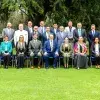Luis Fernández-Carril, professor and researcher at the Tec de Monterrey, contributed to an international report warning about the seriousness of failing to take immediate action to deal with the environmental crisis.
The professor collaborated as a member of one of three Intergovernmental Panel on Climate Change (IPCC) groups from 2019 to 2022.
"Our response capacity is weakening on a daily basis. This report provides evidence not only of the environmental impact but also the insufficiency of the measures being taken", warns Fernández-Carril.
The professor worked in the group that focused on vulnerability and adaptation to climate change and its impacts. Their contribution, along with those of other academics across the world, was published in the sixth edition of this report.
Fernández-Carril is also the coordinator of Climate Change and Sustainability in the Tec de Monterrey's Department of Inclusion, Social Impact and Sustainability, which is responsible for the institution's sustainable planning.

Climate change affects city life
In an interview with CONECTA, Fernández-Carril explained that he is one of the authors of Chapter 18 at the end of the report dealing with ecosystems, biodiversity, and human communities on both regional and global levels.
This Group II report makes important observations concerning how climate change is not only affecting the world's ecosystems, but also human systems as exemplified by city life.
Mental health, socioeconomic disruptions, higher mortality rates related to pollution levels, little or no access to water, and healthy food are all topics discussed in the report.
"It is no longer enough to mitigate and reduce greenhouse gases as global impacts are becoming more serious and more frequent.
"Efforts made by Mexico and other countries must focus on finding synergies and taking actions to mitigate the effects of greenhouse gases and to enable us to adapt to climate change while the search for sustainable development continues," he commented.
"This report provides evidence not only of the environmental impact but also the insufficiency of the measures being taken."
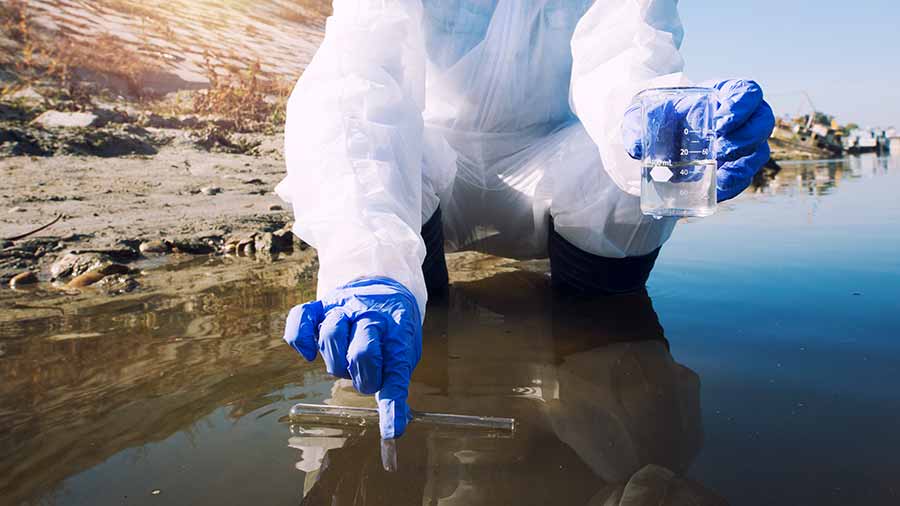
Fernández-Carril added that failure to take action in recent years has reduced the number of available options and has even caused global initiatives to become insufficient.
"127 climate risks around the world were identified in the report.
In the words of the United Nations secretary, this is an atlas of human suffering. Work Group II concentrated on human beings, ecosystems, and life itself being attacked," said the researcher.
The IPCC was set up in 1988 to facilitate integral evaluations of the state of scientific, technical, and socio-economic knowledge on climate change, its causes, potential repercussions, and response strategies.
Since it started work in 1988, the IPCC has drawn up 5 evaluation reports in several volumes.
The IPCC and former US vice president Al Gore were awarded the 2007 Nobel Peace Prize for their work on climate change.
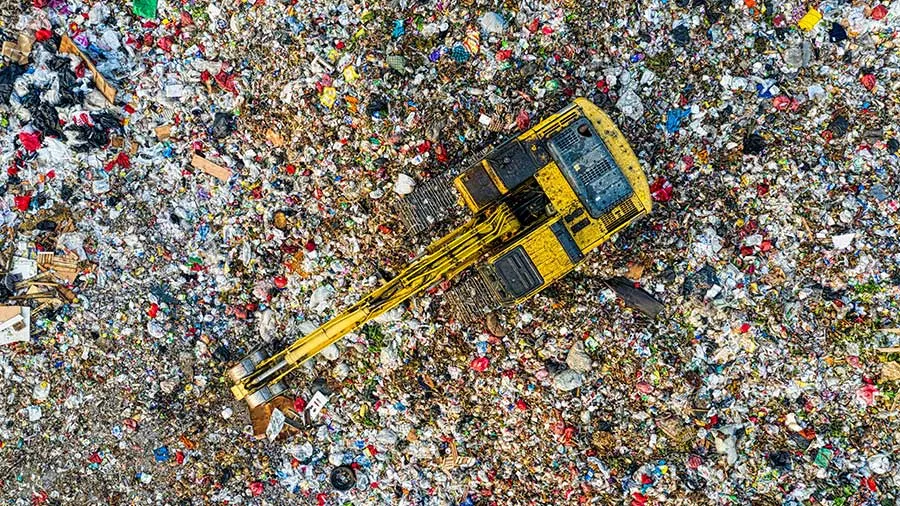
This is how the professor participated in the report
Fernández-Carril explained that he was nominated to join the IPCC by Carolina Vega, the vice president of Work Group I.
"The nomination was made in 2017 and the work itself was done from 2019 to 2022; we finished one month ago," he said.
During this time, Fernández-Carril attended plenary sessions with other authors in South Africa, Nepal, and Portugal. Later, when the pandemic hit, he worked online.
"It should be pointed out that the IPCC does not 'do' science but evaluates the state of science. This report comes out every 7 or 8 years. Published literature and research papers from all over the worlds are evaluated.
"For this report, I worked on climate change related matters of a social, justice, and cultural nature, in addition to indigenous knowledge related to climate change. The results are set forth in Chapter 18," the professor told us.
Fernández-Carril says that he is the only member of the Tec who formed part of this group and, indeed, the only participant from a philosophy faculty.
"I was the only philosopher out of more than 300 researchers. That's not the way it should be: there are so many environmental questions that have to do with ethics and human dignity.
"These matters need to be discussed and taken into account, and it can't be done by one single person. We need more humanists in these areas," he added.
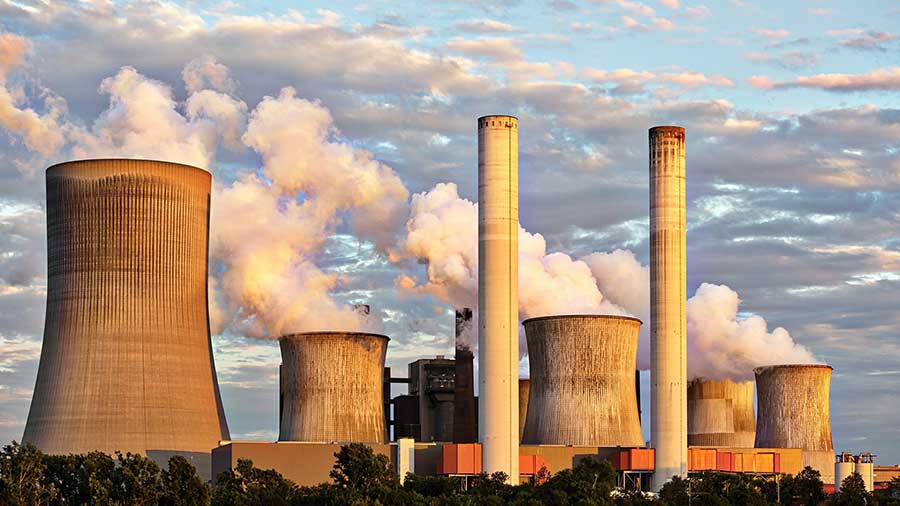
"Action is needed from more than just the government"
Fernández-Carril stated that action to deal with the environmental crisis should not only be taken by the world's governments.
"The private sector has to stop thinking that its initiatives should be voluntary or philanthropic. We are now in a state of emergency," he affirms.
Furthermore, the professor says that universities must also make a commitment to participate actively to prevent the environmental crisis.
"It's not just the private sector that must make a commitment, but we individuals and the universities will have to make a huge effort.
The Tec de Monterrey plays a fundamental role. We are an institution that drives research in different fields but we can also find solutions that improve the lives of our communities.".
Luis and other collaborators have worked on initiatives to deal with the climate emergency from within the Tec and are seeking the institution's carbon neutrality by the year 2040.
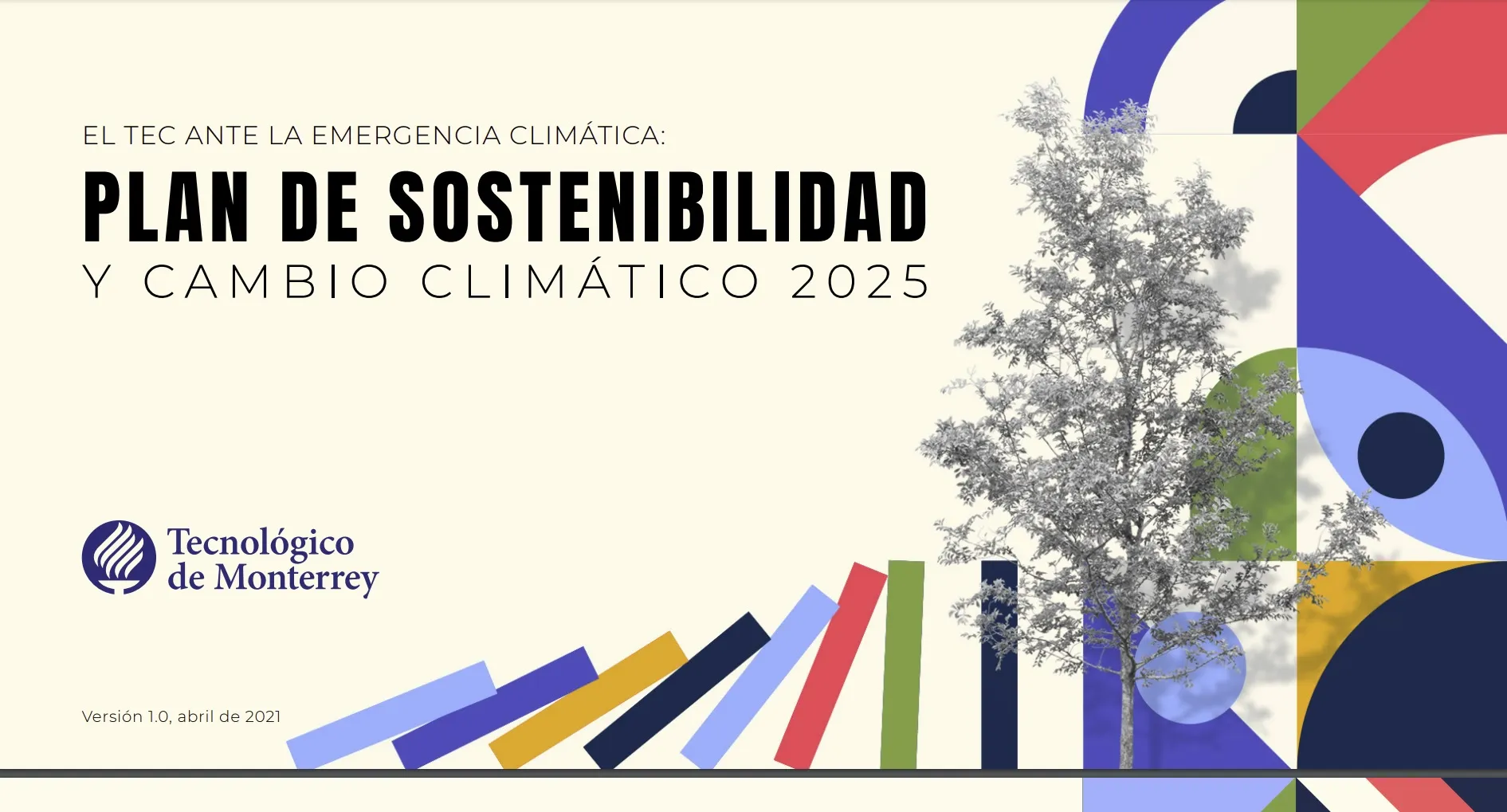
"Students not only need to know about scienceand climate change but must also be aware of human suffering, which will bring about our transformation as people and professionals," he pointed out.
Following the publication of Work Group II's report, the results produced by IPCC Work Group III dealing with the mitigation options of climate change were released on April 3.
The report states that should emissions continue rising, it will be impossible to limit increases to 1.5 to 2 degrees centigrade unless drastic large-scale measures are taken to deal with the issue this decade.
"Now we have truly run out of time. As of this moment, every day brings us closer to a catastrophic panorama.
"Actions we take to make drastic emissions reductions and foment sustainable development worldwide over the coming years will be the foundations on which future generations will judge us for acting urgently or not," warns the professor.
ALSO READ:



